Could you help me with finding a solution to my query problem? I am stuck with it already for a week so I decided to try to ask for help and learn something. I am using MySQL database.
Right now I have a table without the "search feature".
SELECT
r.rId,
r.rName,
r.rPrice,
b.capacity
FROM
room r,
(SELECT roomId, SUM(bCapacity) AS capacity FROM bed GROUP BY roomId) AS b
WHERE r.rId = b.roomId;
This is the result:
I want to show all rooms in the table that are not taken withing CHECK-IN and CHECK-OUT dates.
I have:
2 inputs:
- Check-In date
- Check-Out date
3 tables:
- room (I take id, name, price),
- bed (I sum capacity of beds in the given room),
- booking (here I want to check if certain roomId is taken)
And now I have a query that checks if any room is booked within a certain range. And if the dates collide it returns me the table from booking with roomId.
SELECT
roomId,
bCheckIn,
bCheckOut
FROM booking
WHERE (bCheckOut > ? AND bCheckIn <= ?) AND bStatus = 'Upcoming' OR 'Archived';
First ? is Check-In date and second ? is Check-Out date inputs. Here I pass the above dates and returns rooms which are taken in the range of that date.
This is the result:
SUMMARY
Is it possible to combine those two queries so I will get only one table with first query data, but excluding those taken rooms from the second query? I failed with my query merging.


